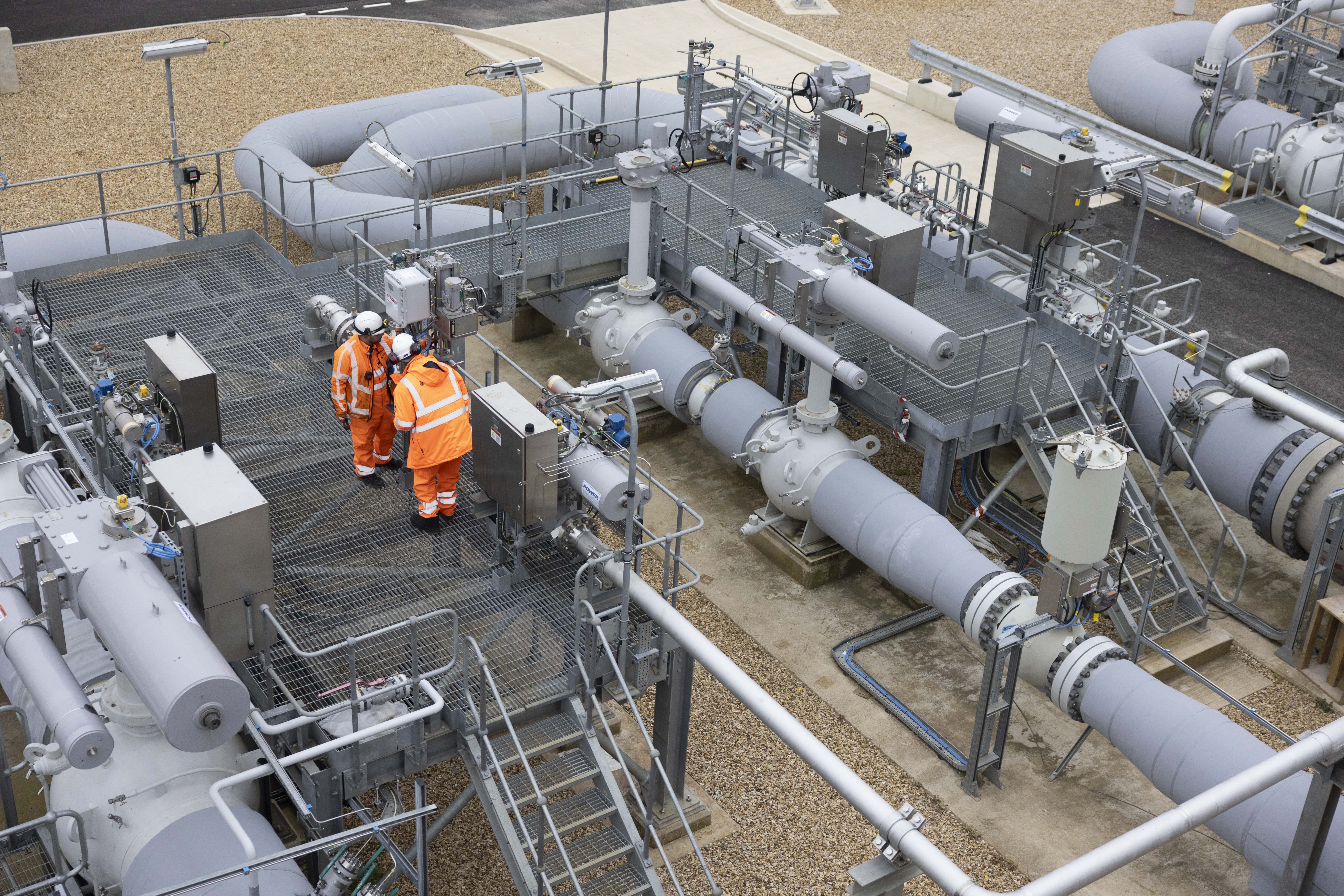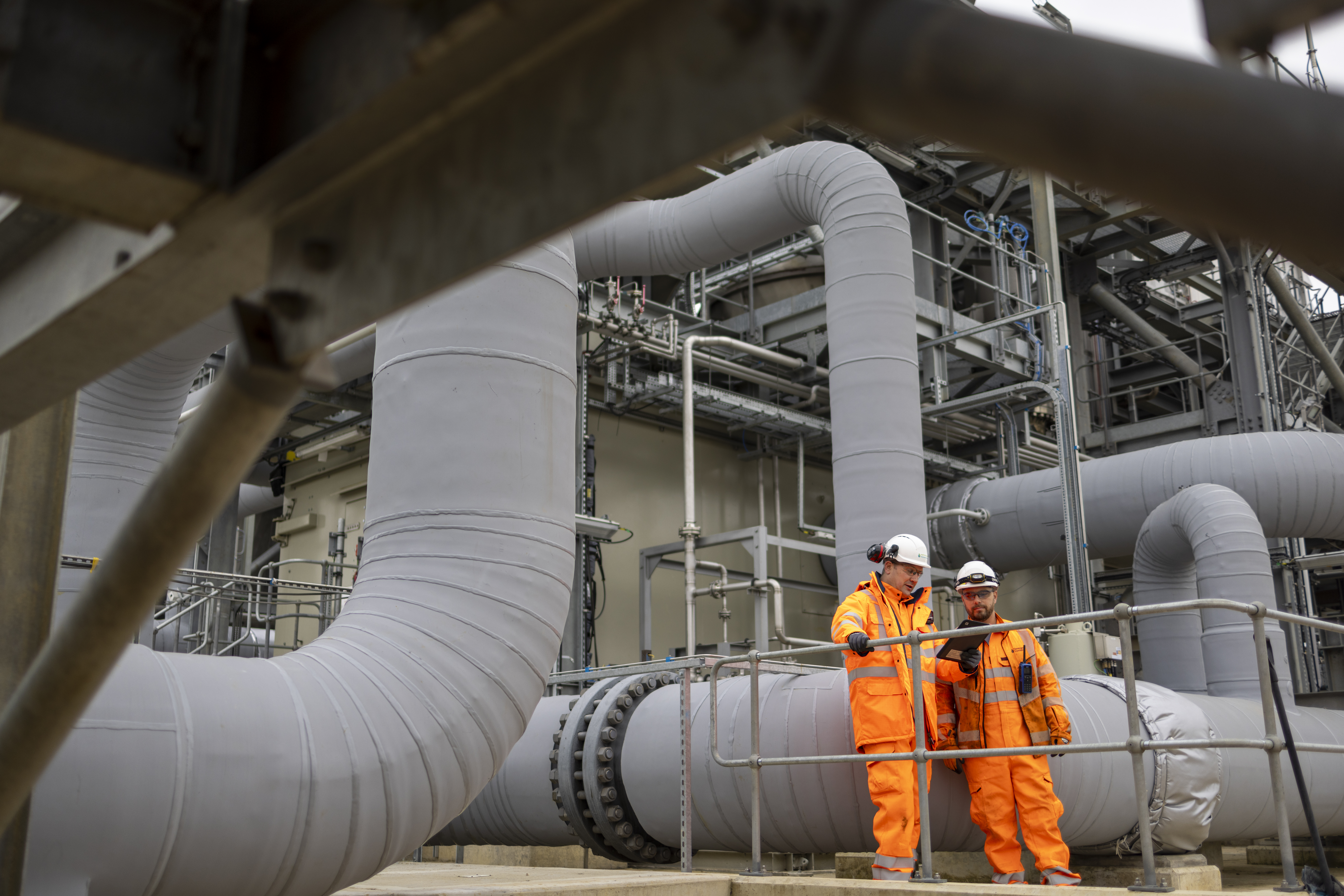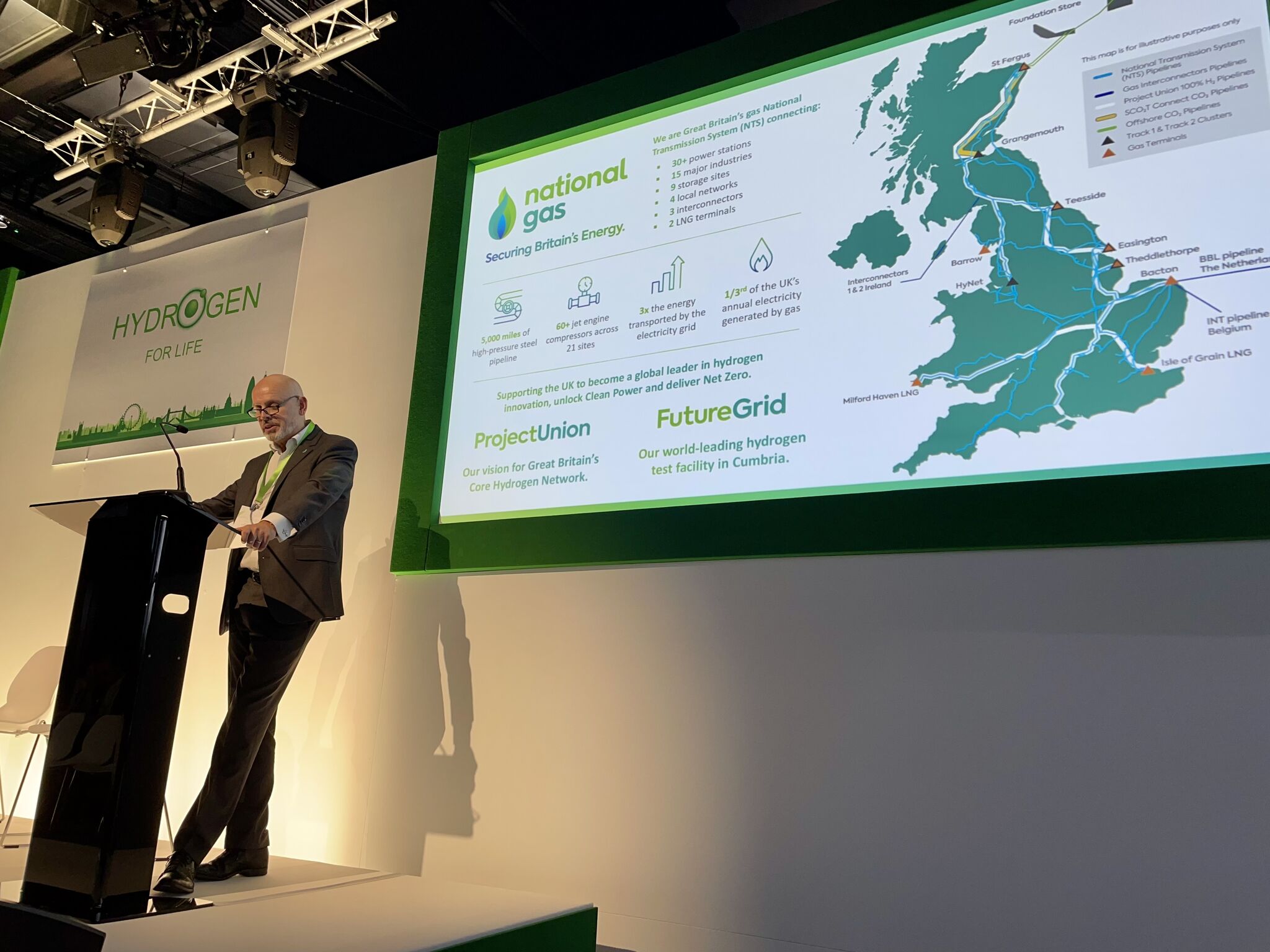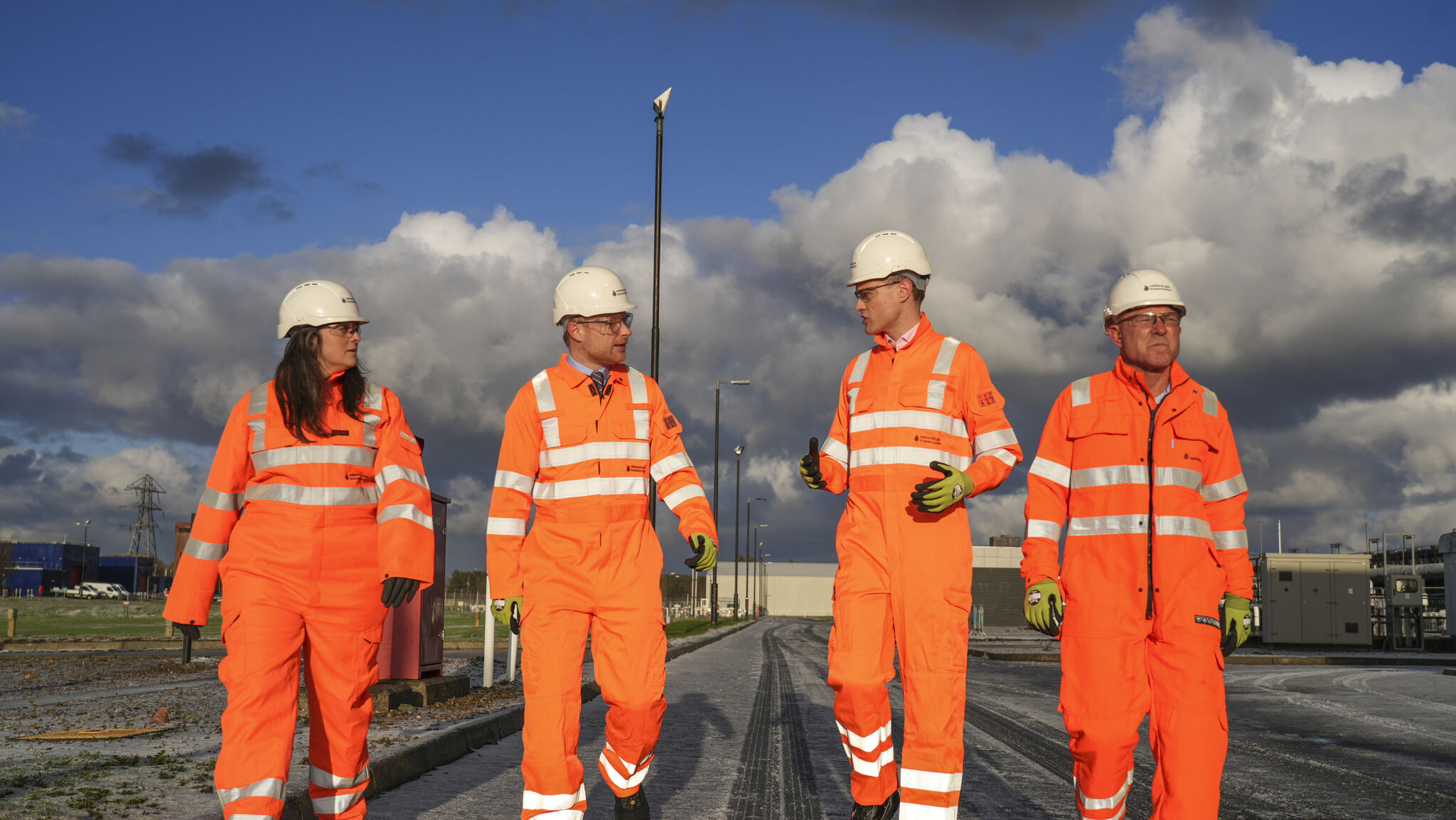17 December 2024
National Gas publishes RIIO-GT3 Business Plan for 2026-31
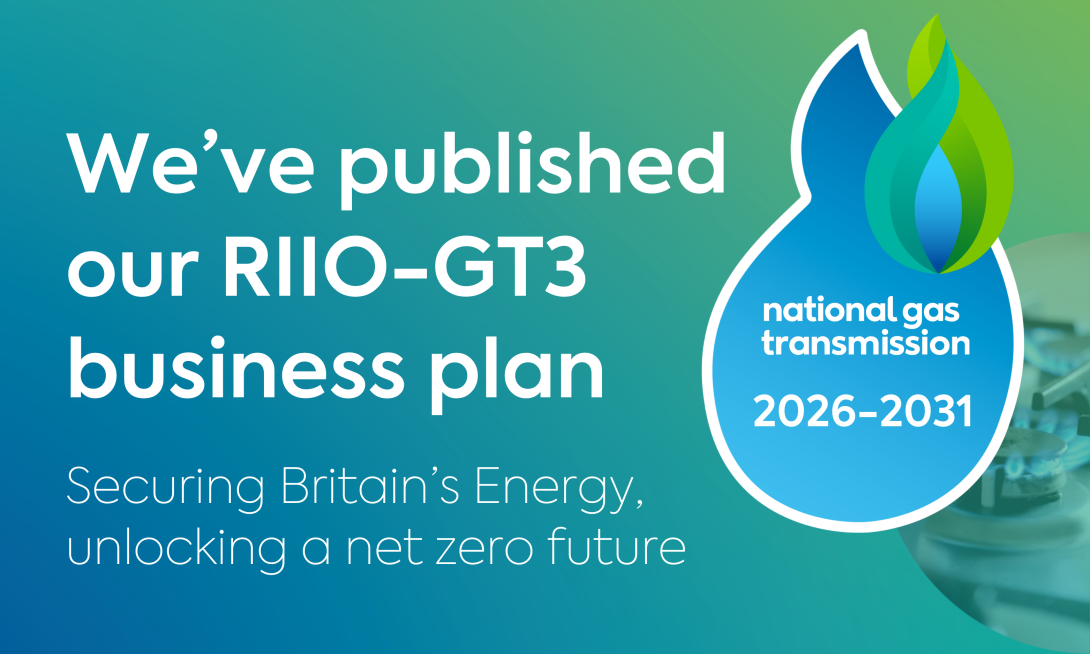
National Gas has today published its RIIO-GT3 National Gas Transmission Business Plan for 2026 to 2031. This comprehensive plan outlines our strategic vision and commitment to ensuring the gas National Transmission System (NTS) remains resilient, efficient, and aligned with the evolving energy landscape over the next five years.
The RIIO (Revenue = Incentives + Innovation + Outputs) regulatory framework serves as the guiding principle for National Gas in its dual roles as a transmission owner (TO) and a gas system operator (SO). This framework is crucial in fostering efficiency, encouraging innovation, and ensuring outcomes that are centred around customer needs. Through RIIO-GT3, National Gas aims to drive significant advancements in the gas transmission sector, reflecting its pivotal role as the backbone of Britain’s energy system.
Central to the business plan is our unwavering commitment to the safe and reliable transportation of gas. This dedication is vital for keeping the lights on, businesses running, and homes warm, particularly during the harsh winter months. By focusing on these critical areas, National Gas aims to secure a resilient and sustainable energy future for the nation.
We transport huge quantities of gas – about 79 billion cubic metres every year, on average. This is about three times the energy transported through the UK’s power networks at just under a tenth of the cost (around £10 per domestic consumer per annum).
Natural gas is the largest primary source of energy in the UK, meeting 36% of our annual energy needs and four fifths of all energy needs at peak times. We ensure that gas is moved safely and efficiently to where it is needed. We transport gas to more than 30 power stations, half a million businesses and 23 million homes.
When demand is high or supply from wind and solar power is low, the electricity system simply would not function without gas-fired power generators. These gas-fired power stations play a vital role in supporting the growth of renewables and are directly supplied by our transmission system. Electricity from these power stations provides flexible and secure generation to complement renewable power production, which can be impacted by weather conditions. In 2023, without gas generation there would have been the equivalent of 199 days where Britain's power supply would not meet demand. The new National Energy System Operator (NESO) acknowledges this in its Clean Power by 2030 report, stating they “anticipate that most existing gas generators will need to remain on the system, with new power stations potentially required to replace retiring ones” to provide power when there is low renewable production.
The hidden hero of Britain’s energy system.
Our business plan invites stakeholders to delve into the commitments, investments, strategies, and initiatives that form the foundation of our vision for the future of gas transmission in the UK. This forward-thinking approach highlights the company’s role in delivering an advanced and efficient gas transmission system, designed to meet the evolving energy needs of the country.
National Gas encourages its supporters and the public to stay informed of further updates as we work diligently towards a secure and prosperous energy landscape. We are grateful for their continued support as we endeavour to build a robust and sustainable energy future for Britain.
To explore the details of the National Gas business plan submission, please visit the RIIO-GT3 webpage.
Securing Britain’s Energy, unlocking a net zero future.

